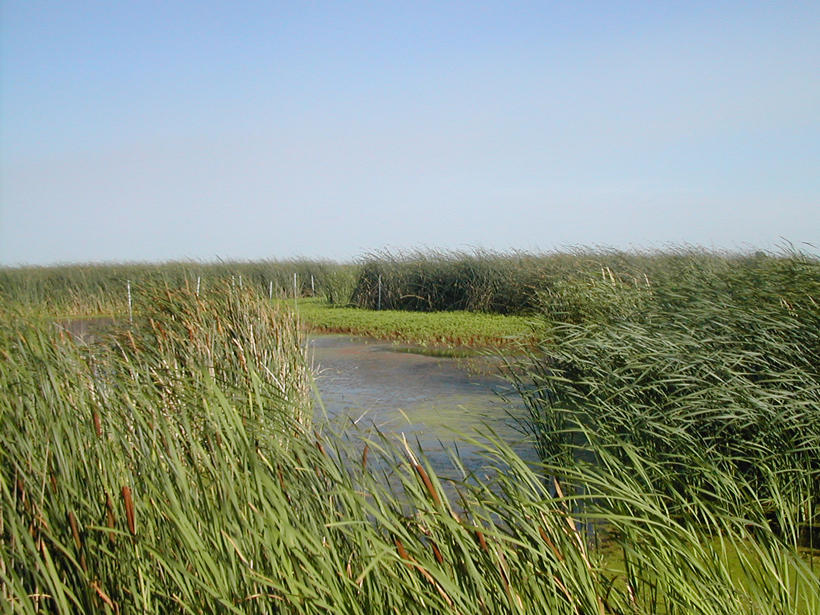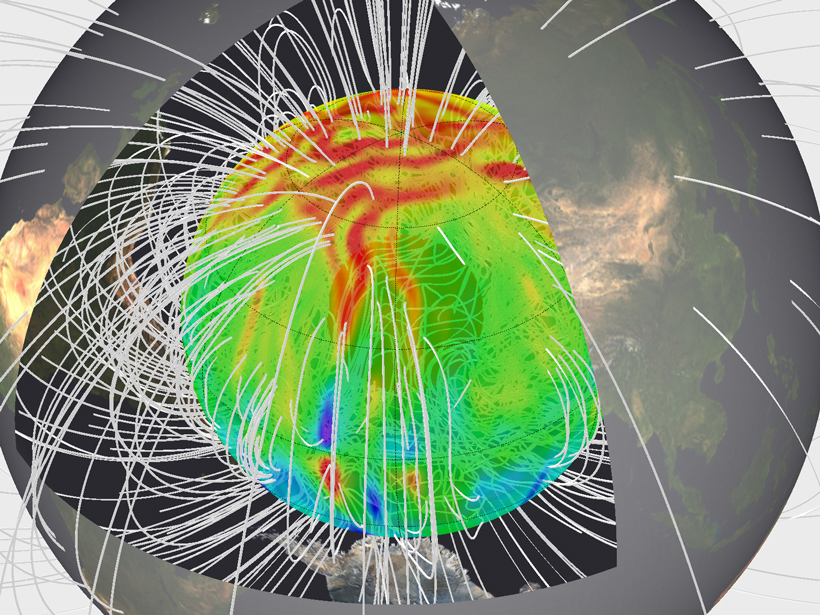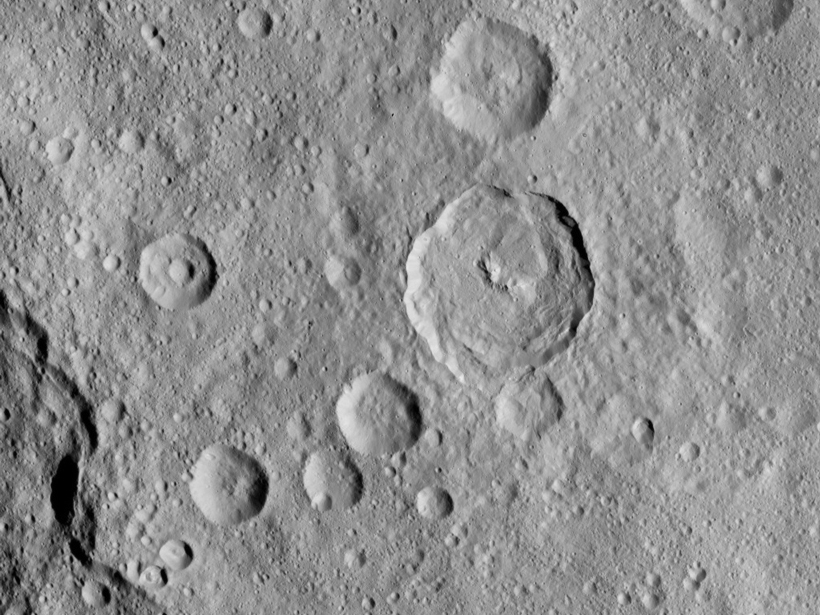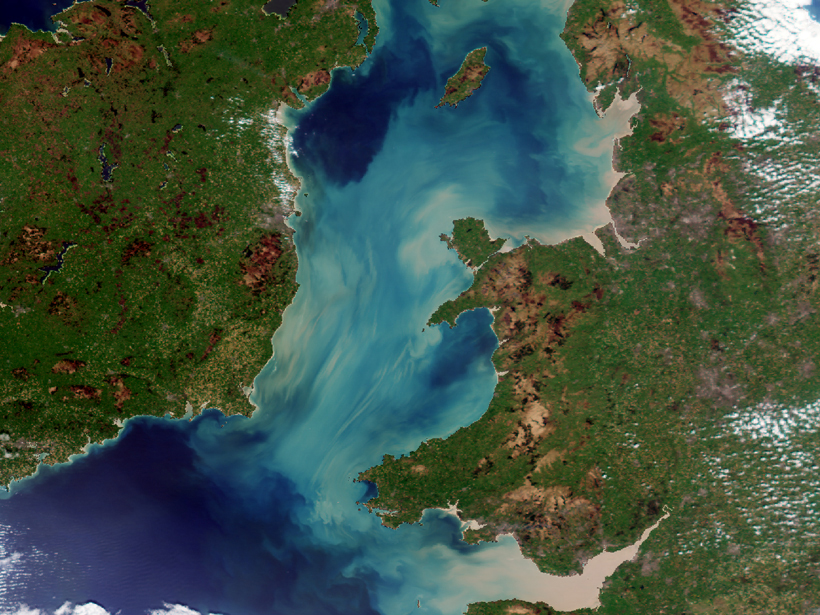Results from the first decade-long reanalysis simulation of northwest European shelf biogeochemistry show the importance of quantifying the uncertainty in these indicators to inform marine policy.
Terri Cook
Terri Cook is an award-winning freelance writer whose career has focused on exploring and explaining the 4.5-billion-year-history of the remarkable planet we live on. Cook, who has an M.S. degree in Earth science from the University of California, Santa Cruz, writes about geology, ecology, and the environment—as well as wine, tea, hiking, and biking—for a diverse group of publications, including Eos, Scientific American, NOVA Next, Science News, and EARTH magazine, as well as Avalon Travel and numerous other travel-related publications. Her reporting has taken her to 25 states and 20 countries scattered across 5 continents, from the depths of the Grand Canyon to the sandy Australian Outback to the mist-shrouded summit of Bali’s Mount Batur. As the coauthor of three popular guidebooks, including Hiking the Grand Canyon’s Geology and Geology Underfoot Along Colorado’s Front Range, Cook gives frequent presentations about geology and science communication. She is the recipient of a 2016 European Geosciences Union Science Journalism Fellowship and is based in beautiful Boulder, Colo.
After a Century, Restored Wetlands May Still Be a Carbon Source
Methane emissions can drastically lower, or even reverse, the benefits of carbon sequestration in restored wetlands, according to new measurements from the Sacramento–San Joaquin Delta.
Which Geodynamo Models Will Work Best on Next-Gen Computers?
A new study uses identical tests to evaluate the accuracy and performance of current models of Earth's magnetic field, then extrapolates the results to anticipated "petascale" supercomputers.
Demystifying Mercury "Hollows"
Spectral data from NASA's MESSENGER spacecraft indicate that the properties of the depressions on Mercury's surface can vary within a single crater and that these differences may correlate to age.
Predicting Changing Human Preferences in Water Basin Management
A model of human-water interactions in Florida's Kissimmee River Basin demonstrates the potential for sociohydrologic models to assist with strategic water management decisions.
Does El Niño Intensity Affect Precipitation in California?
Modeling experiments demonstrate that strong El Niños greatly increase odds for wet winters over California's principal watersheds compared to impacts of weak and moderate El Niños.
Alaska's Semidi Segment Could Unleash a Devastating Tsunami
Study reveals structures along the Alaskan convergent margin capable of generating a powerful tsunami directed toward the United States's West Coast.
Objects That Slam into Ceres Remain on Its Surface
Hypervelocity impact experiments shed new light on the composition and evolution of the largest dwarf planet's little-known surface.
Satellites Reveal Dynamics of Suspended Mineral Particles
A case study of the Irish Sea evaluates the use of ocean color data to measure the optical properties of sedimentary particles in offshore waters.
Improved Models of Wind Flow over Mountains
A new approach for representing areas of low-lying mountains improves the simulation of atmospheric flow over gentle topography without increasing computational requirements.






